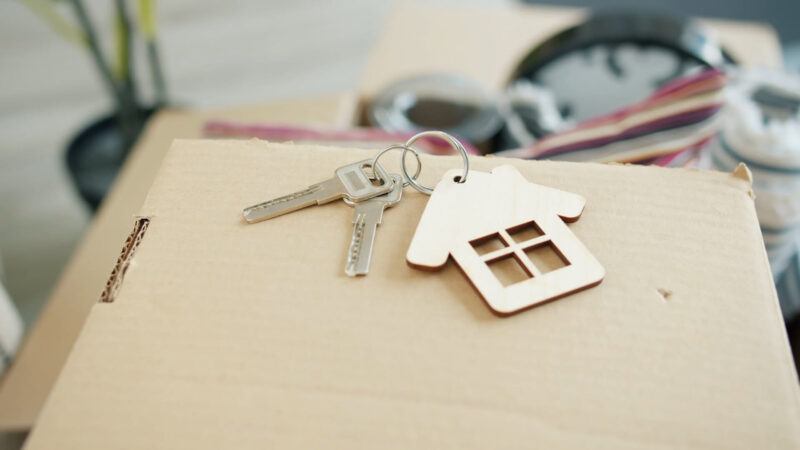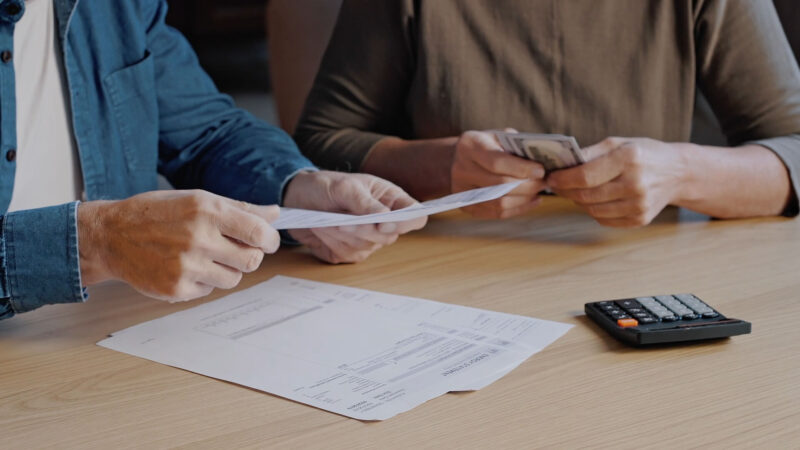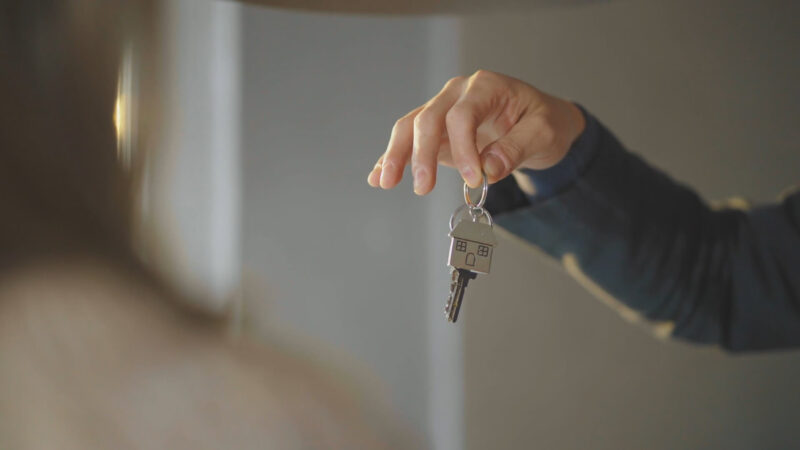A lease extension involves lengthening the term of a leasehold property, ensuring the property remains valuable and easy to sell.
Extending a lease is crucial for maintaining property value and enhancing marketability, making it a significant consideration for homeowners and investors.
Let us see what is it and how much it can cost us.
What is a Lease Extension?

A lease extension is the process of increasing the length of time a leasehold property is leased from the freeholder.
Leasehold properties are owned for a fixed term but the land is owned by a freeholder.
In contrast, freehold properties include ownership of both the building and the land indefinitely.
Typical lease durations can range from 99 to 999 years.
Over time, as the lease term decreases, extending the lease becomes necessary to maintain the property’s value and appeal.
A lease extension ensures the leasehold does not fall into short-lease territory, which can negatively impact the property’s mortgageability and saleability.
How Much Does It Cost to Extend a Lease?

The cost of extending a lease depends on various factors, including the property’s value, remaining lease duration, ground rent, and the negotiation process with the freeholder. The main components of the cost include:
- Lease extension premium: The amount paid to the freeholder to extend the lease.
- Surveyor’s fees: For valuing the property and negotiating terms.
- Solicitor’s fees: For handling the legal aspects.
- Freeholder’s costs: Including their valuation and legal fees.
- Land Registry fees: For registering the new lease.
- Additional costs: Such as the marriage value for leases under 80 years.
For example:
Extending a lease with 85 years remaining might cost significantly less than one with only 75 years remaining due to the absence of the marriage value.
Typical costs can vary widely, from a few thousand pounds to tens of thousands, depending on these factors.
When Should You Extend Your Lease?
The ideal time to extend your lease is before it falls below 80 years.
Once a lease drops to 80 years or less, an additional cost known as “marriage value” becomes payable to the freeholder, making the extension significantly more expensive.
Extending a lease before reaching this critical point is crucial for retaining property value and ensuring it remains attractive to potential buyers and mortgage lenders.
Extending a lease during periods of declining house prices can be advantageous as it might reduce the overall extension cost due to lower property valuations.
Timely lease extensions ensure better mortgage rates and smoother sales processes.
How to Keep Your Lease Extension Costs Down
To reduce lease extension costs, consider starting the process early to avoid the marriage value surcharge.
Hiring specialist surveyors and solicitors can ensure accurate valuations and effective negotiations, potentially saving money.
Avoiding informal lease extensions, which may lack statutory protections, can also prevent unexpected costs. Early and strategic planning is essential for managing expenses effectively.
Why Should You Extend a Lease?
Extending a lease offers numerous benefits, such as maintaining or enhancing the property’s value and making it easier to sell or remortgage.
A long lease is more attractive to buyers and lenders, ensuring better marketability and financing options.
Failing to extend a lease in a timely manner can result in significant financial consequences, including a drop in property value and difficulty in selling or remortgaging.
Therefore, proactive lease extension is a crucial aspect of property management.
How Do You Extend Your Lease?
The lease extension process involves several steps. First, obtain an initial valuation from a specialist surveyor.
Then, serve a Section 42 notice to the freeholder, initiating the formal extension process.
The freeholder will respond with a counter notice, leading to negotiations on the terms and premium.
If an agreement cannot be reached, an application to the Leasehold Valuation Tribunal may be necessary.
Once terms are agreed, finalize and register the new lease with the Land Registry. This structured process ensures legal and financial clarity for both parties.
How Long Does the Process Take?

Extending a lease typically takes between 3 to 12 months, depending on various factors.
The complexity of negotiations, the responsiveness of the freeholder, and any potential disputes can influence the duration.
Early initiation and efficient management of each step can help expedite the process. Understanding the timeline helps in planning and avoiding last-minute complications.
Buying the Freehold
Collective enfranchisement allows leaseholders to purchase the freehold, giving them complete ownership of the property and land.
The process involves collaborating with other leaseholders in the building and can provide benefits such as full control over the property, elimination of ground rent, and the ability to extend leases at no additional cost.
However, buying the freehold can be complex and costly, requiring legal and financial expertise.







